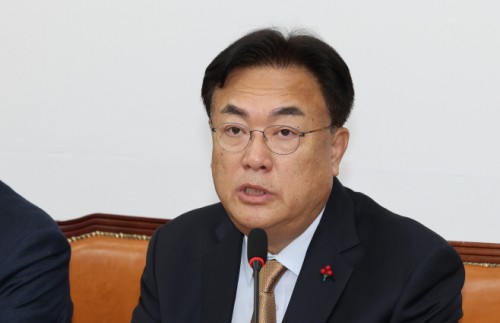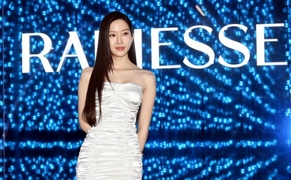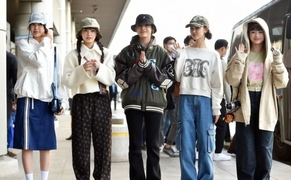 |
| People Power Party leader Chung Jin-suk holds a press conference at the National Assembly in Seoul on Dec. 19, and announces that the ruling party decided to elect its new leader only by a vote of party members. / Source: Yonhap |
AsiaToday reporter Kim Na-ri
The ruling People Power Party (PPP) has decided to elect its new leader only by a vote of party members. It decided to change the current party rules that call for picking the party’s chairman based on a weight of 30 percent of public opinion poll results and 70 percent of ballots cast by party members.
The emergency committee reached a consensus that it would amend the party constitution and regulations to apply 100 percent of the party’s electoral corps when electing the new party leader, PPP leader Chung Jin-suk said at a press conference on Monday.
The party leadership plans to convene the standing national committee on Tuesday and the national committee on Friday to complete the revision of the party constitution within this week to change the rule.
“The emergency committee members communicated with the party members through various channels to prepare a revision bill for the party constitution, and the majority agreed to allow party members to directly vote in line with the era of 1 million responsible party members,” Chung said. “The party leadership agreed without disagreement that it would be in accordance with party democracy to allow party members, who share political views with the party leadership, to directly vote,” he said.
“Polls cannot replace voting. Voting is a voluntary and active act, but a poll is a passive and temporary act of simply responding to the questions of the investigators,” Chung said. “We have nearly 800,000 responsible party members. The PPP has become a national party. It is time to make a decision to respond to these changes and the spirit of the times, unite the ruling party and move forward.”
The party also decided to hold a run-off vote if the winner fails to win a majority.
Chung said the change will block unnecessary confusion coming from public opinion polls and encourage candidates to do their best to win support from party members.
#PPP #vote #party leader #People Power Party
Copyright by Asiatoday
Most Read
-
1
-
2
-
3
-
4
-
5
-
6
-
7





















